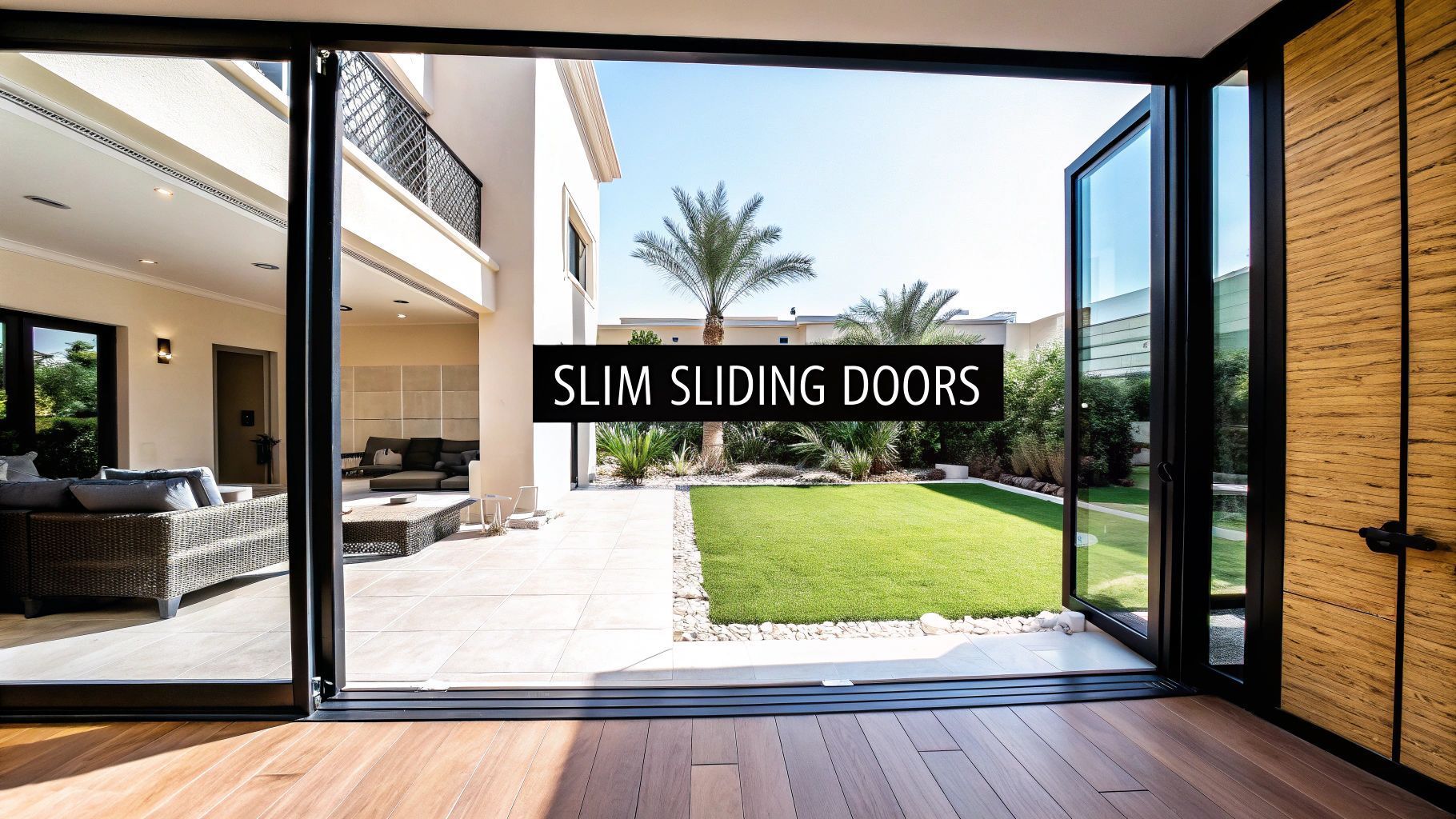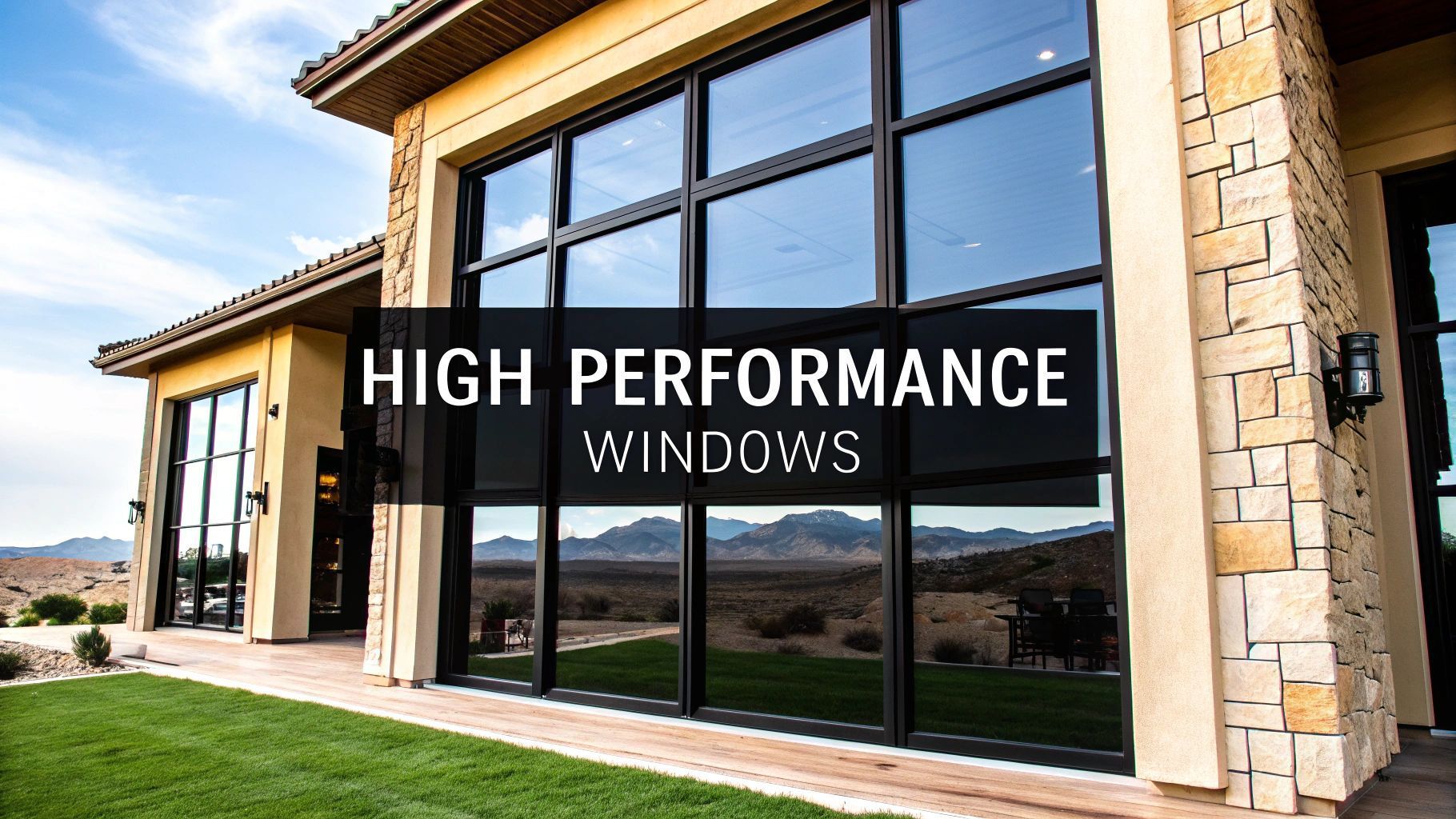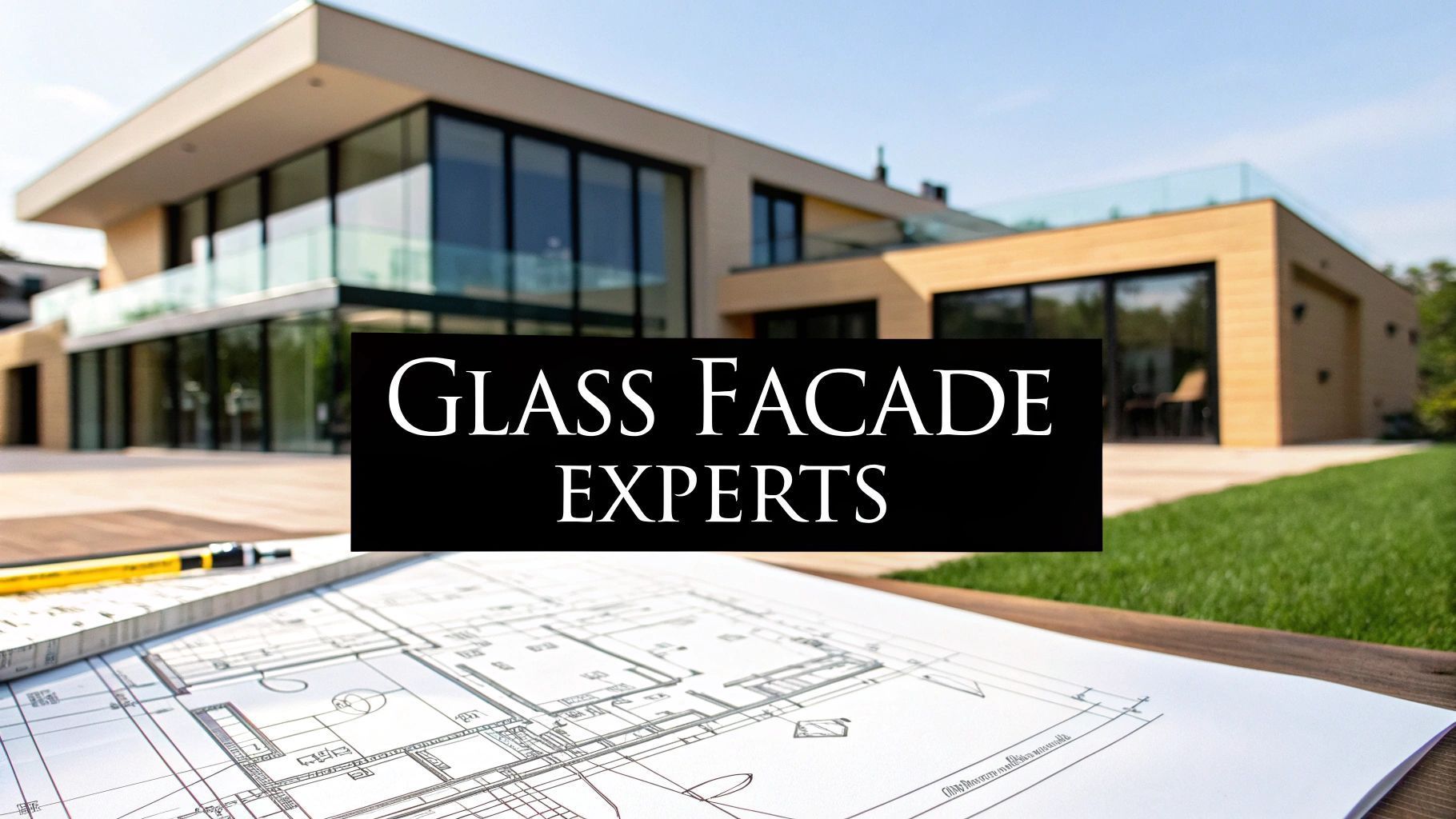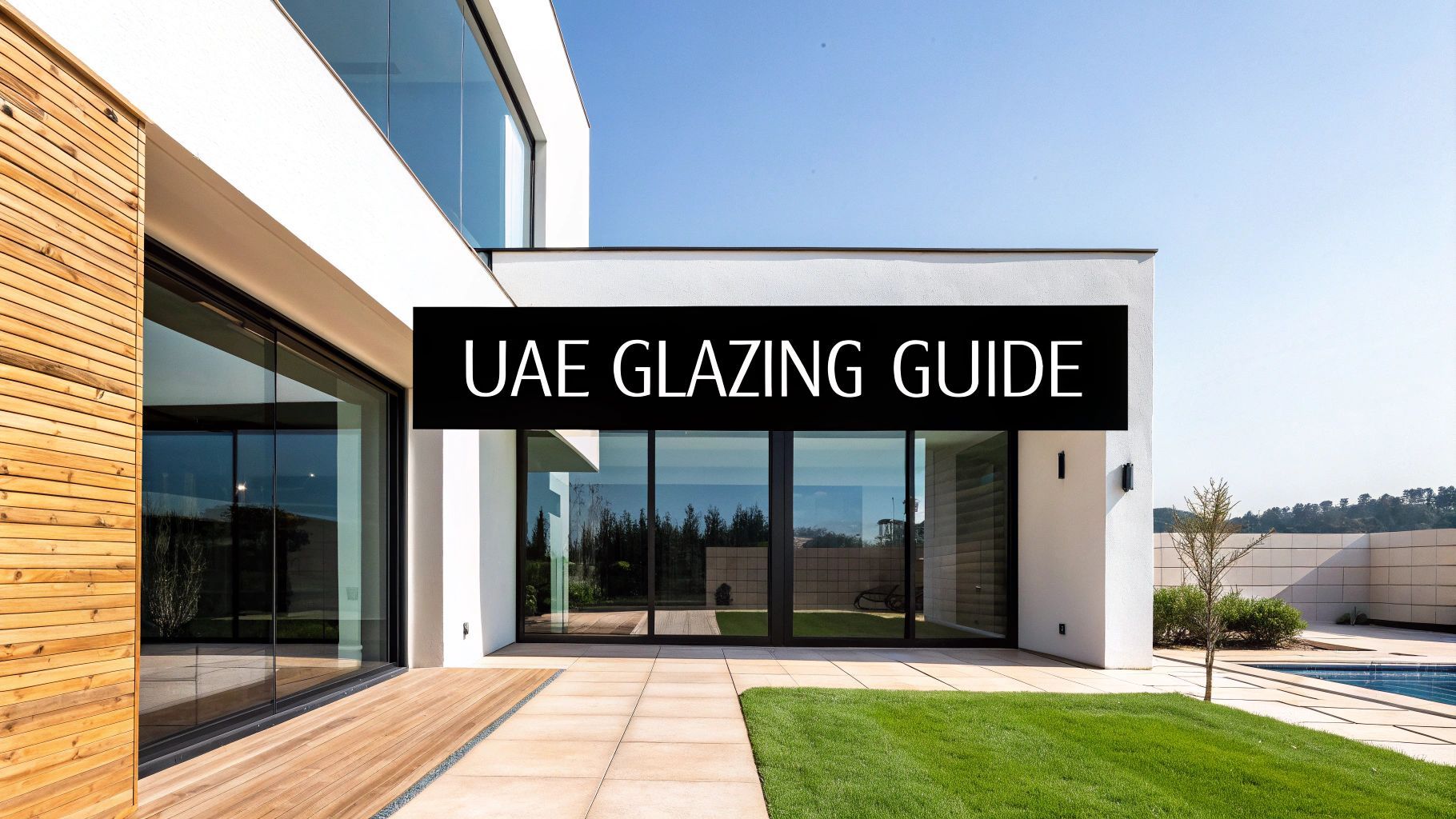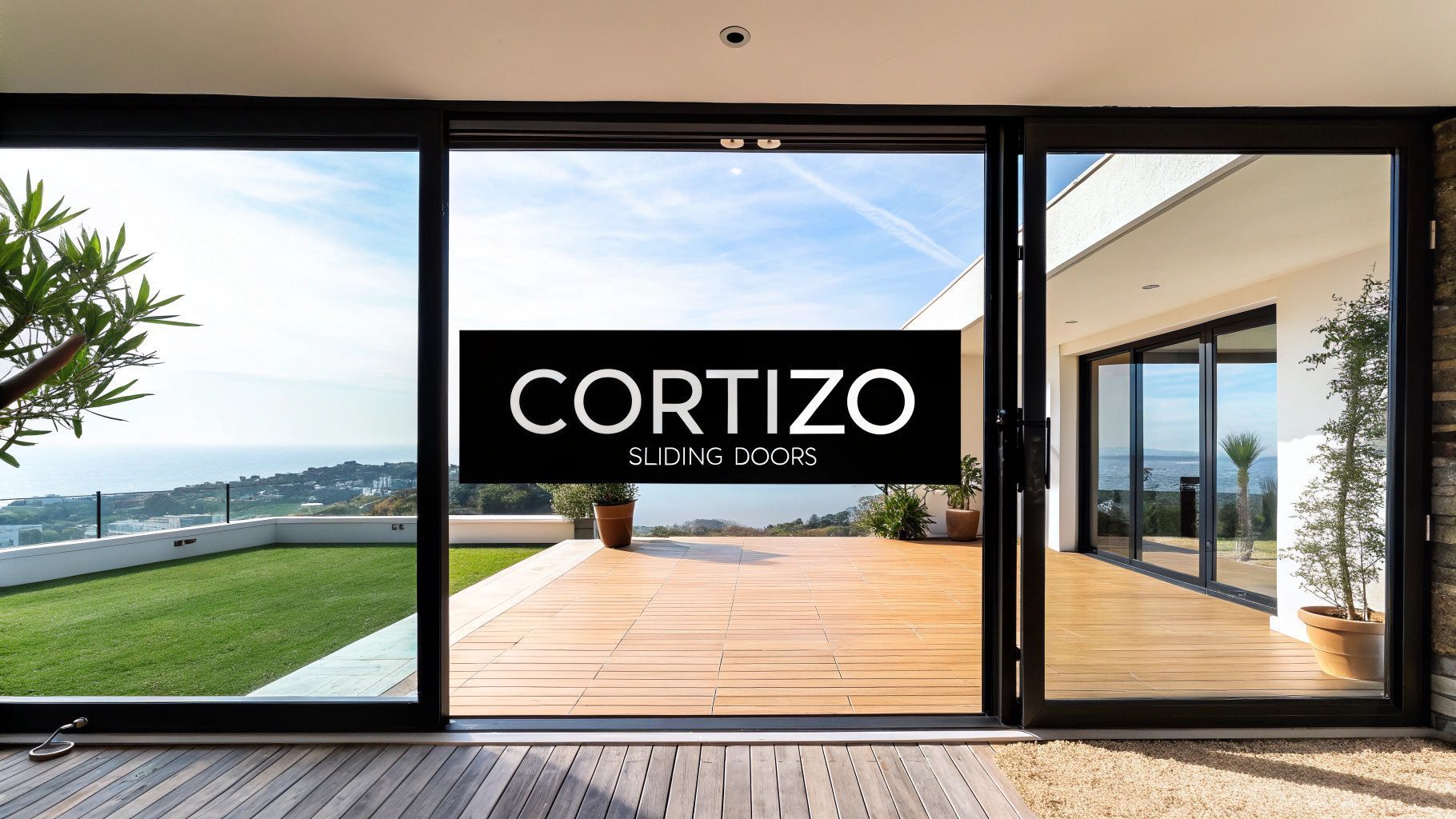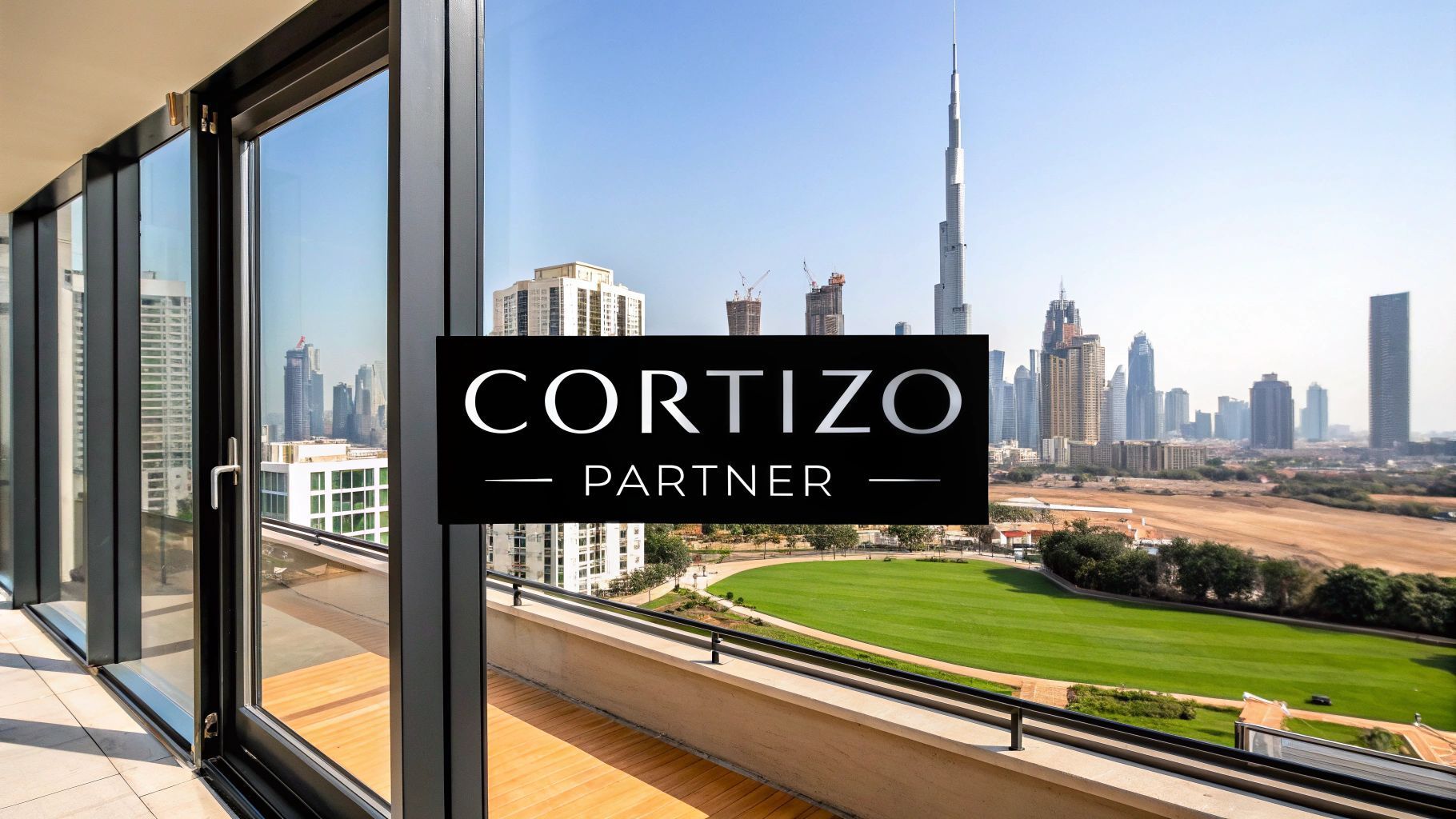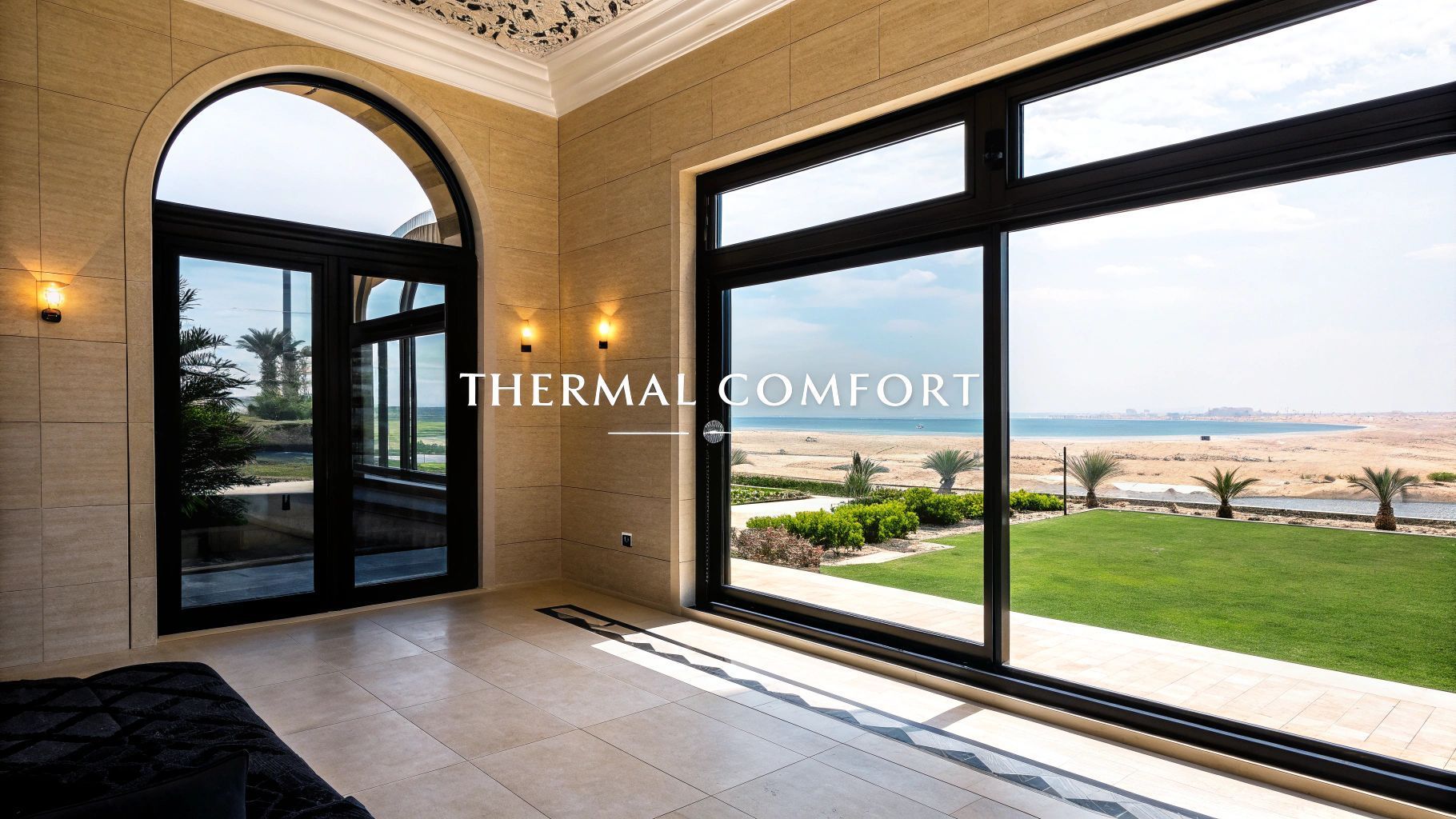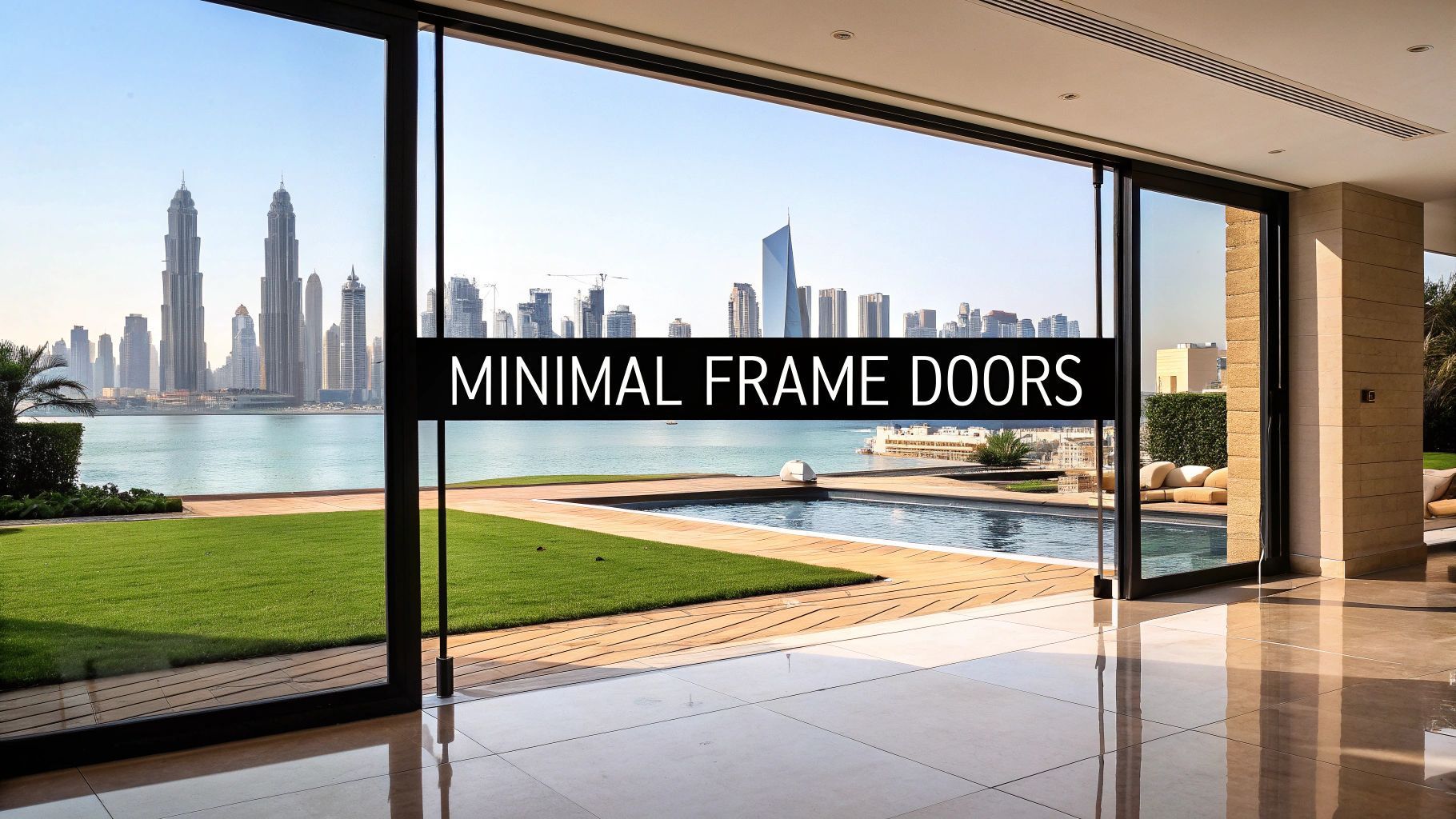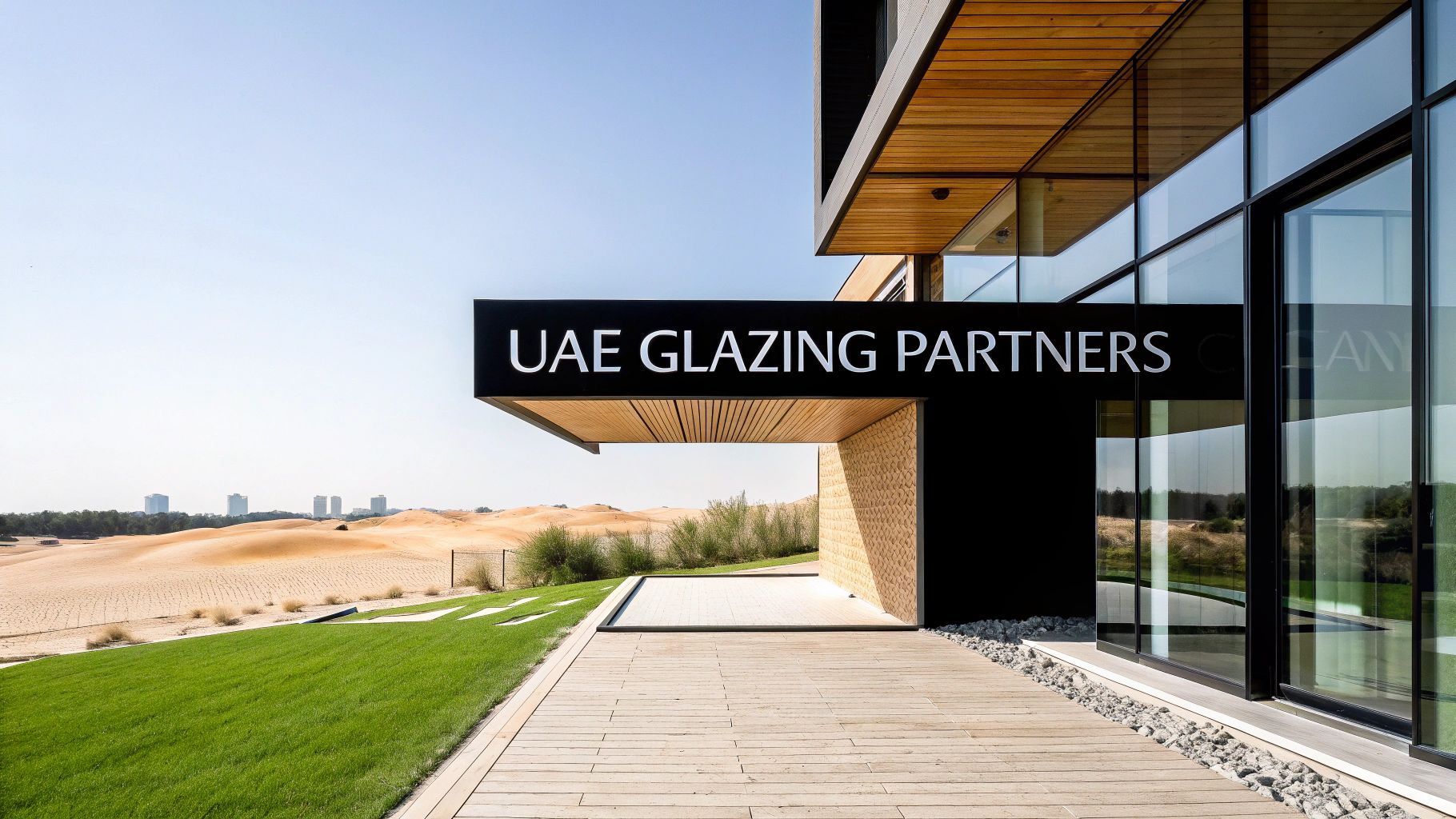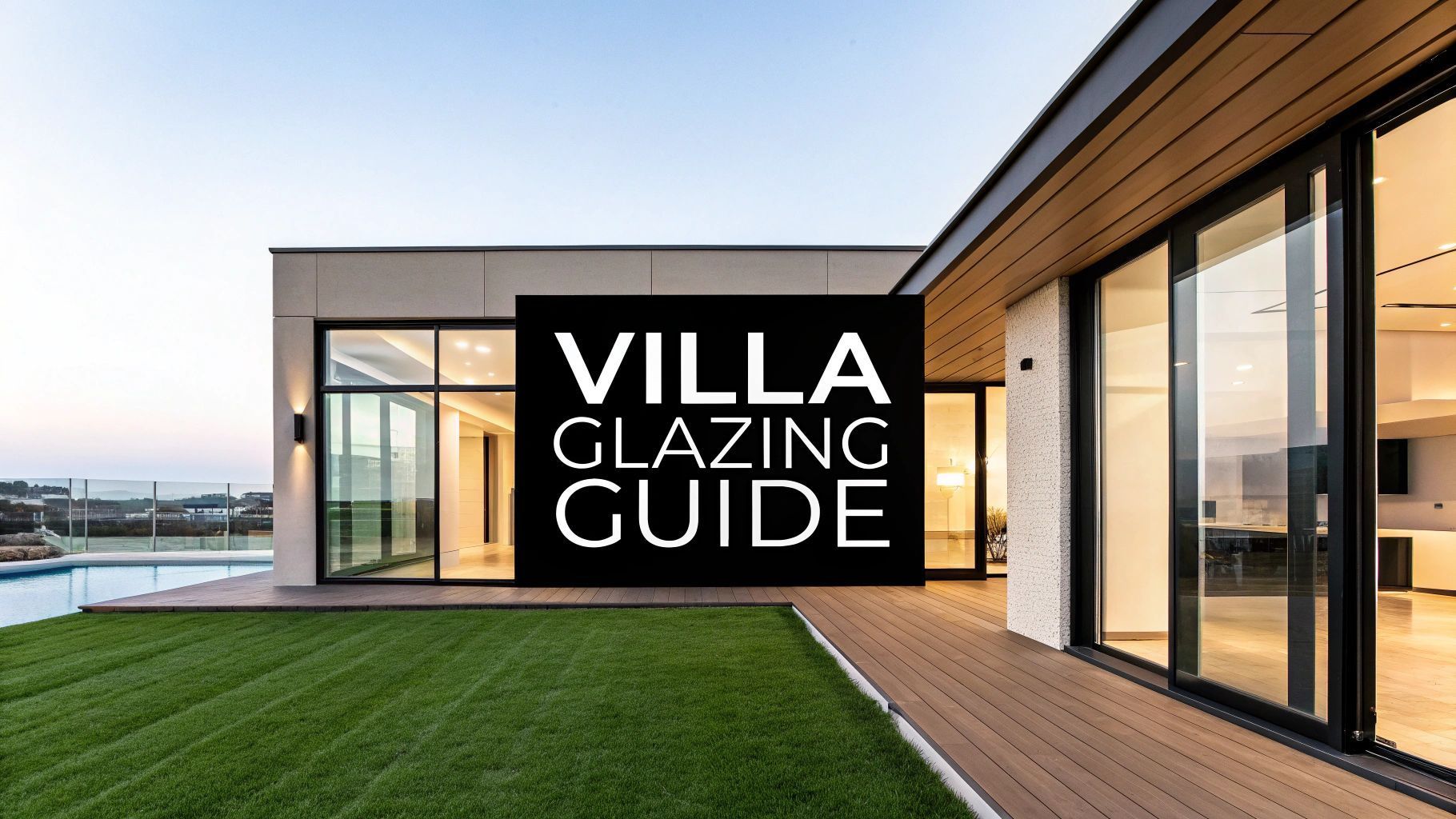Aluminium Windows vs uPVC in the UAE Climate: What You Need to Know
In Dubai and the UAE, aluminium windows are often better suited for the harsh climate than uPVC due to their heat resistance, structural strength, and sleek design. While uPVC offers affordability and insulation, aluminium outperforms it in durability, aesthetics, and longevity—especially for villas and high-end properties.
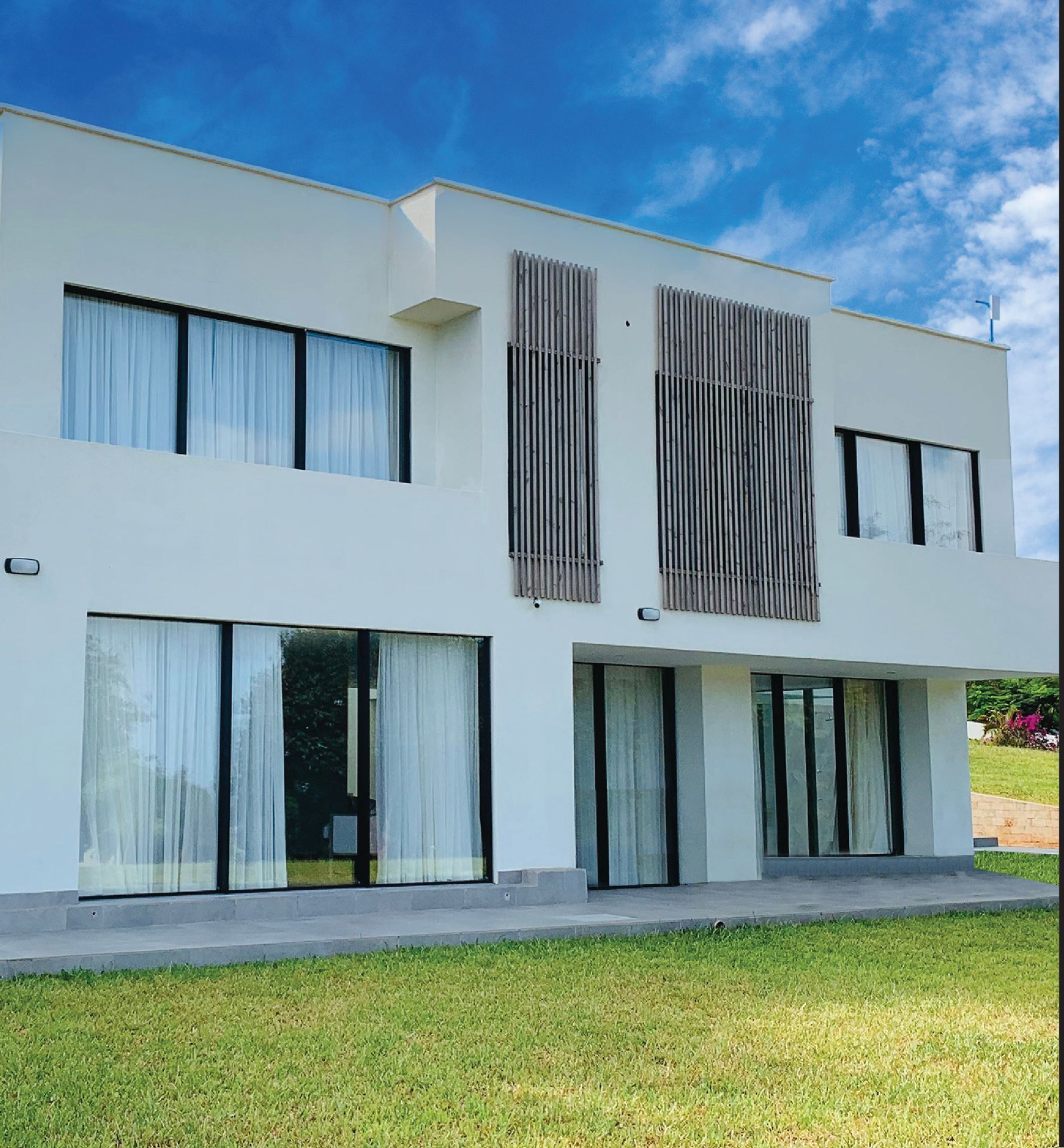
Introduction
Choosing the right window material is more than a design decision—it affects thermal comfort, durability, and energy performance. In the extreme heat and humidity of the UAE, the debate often comes down to aluminium vs uPVC.
So which is better for your villa, renovation, or new build project?
Let’s break it down.
What Are uPVC Windows?
uPVC (unplasticised polyvinyl chloride) is a lightweight, plastic-based material widely used in window frames. It’s known for being cost-effective, low-maintenance, and providing good thermal insulation in cooler climates.
However, in hot, sun-exposed regions like Dubai, uPVC has some performance limits.
What Are Aluminium Windows?
Aluminium windows use extruded metal frames—either thermally broken or solid—designed for modern architectural applications. With powder-coated finishes and slimline profiles, they offer both structural strength and visual appeal.
Aluminium frames are the standard in commercial and luxury residential buildings across the UAE.
Key Differences in the UAE Climate
1. Heat Resistance
- Aluminium (with thermal break): Designed to withstand extreme heat. Powder-coated aluminium retains finish and form even at 45°C+ temperatures.
- uPVC: Can warp, discolour, or become brittle over time under prolonged UV and heat exposure.
Winner: Aluminium
2. Aesthetics & Sightlines
- Aluminium: Offers sleek, slim profiles perfect for large-format glazing, panoramic views, and minimalist villas.
- uPVC: Thicker frames and limited customisation. Not ideal for contemporary architecture.
Winner: Aluminium
3. Durability & Lifespan
- Aluminium: Resistant to corrosion, insects, and weathering. Lifespan of 30+ years with minimal maintenance.
- uPVC: Lifespan of around 15–20 years in harsh conditions; more prone to degradation in UAE heat.
Winner: Aluminium
4. Thermal Insulation
- uPVC: Naturally non-conductive, offers good insulation out of the box.
- Aluminium: Needs a thermal break to achieve similar or better insulation values—but top systems (like Cortizo) meet or exceed uPVC performance.
Winner: Tie (depends on spec)
5. Cost
- uPVC: Lower upfront cost, often 20–30% cheaper than aluminium.
- Aluminium: Higher initial investment, but longer lifespan and lower maintenance costs over time.
Winner: uPVC (short-term); Aluminium (long-term value)
Where Each Material Makes Sense
Application Best Option Budget apartment windows uPVC High-end villas / modern homes Aluminium Large sliding doors / curtain walls Aluminium Quick retrofits / cost-sensitive projects uPVC
Conclusion: What’s Best for Dubai?
For long-term performance, structural integrity, and design, aluminium windows are the clear winner in the UAE’s climate. If you’re building or upgrading a premium villa, investing in thermally broken aluminium will give you the best return in terms of durability, comfort, and modern aesthetics.
Need help choosing the right system?
Swift Rooms supplies and installs high-performance
aluminium windows and
sliding doors, including top-tier systems like
Cortizo, optimised for the UAE.
Request a Quote or Speak to a Product Expert today.

